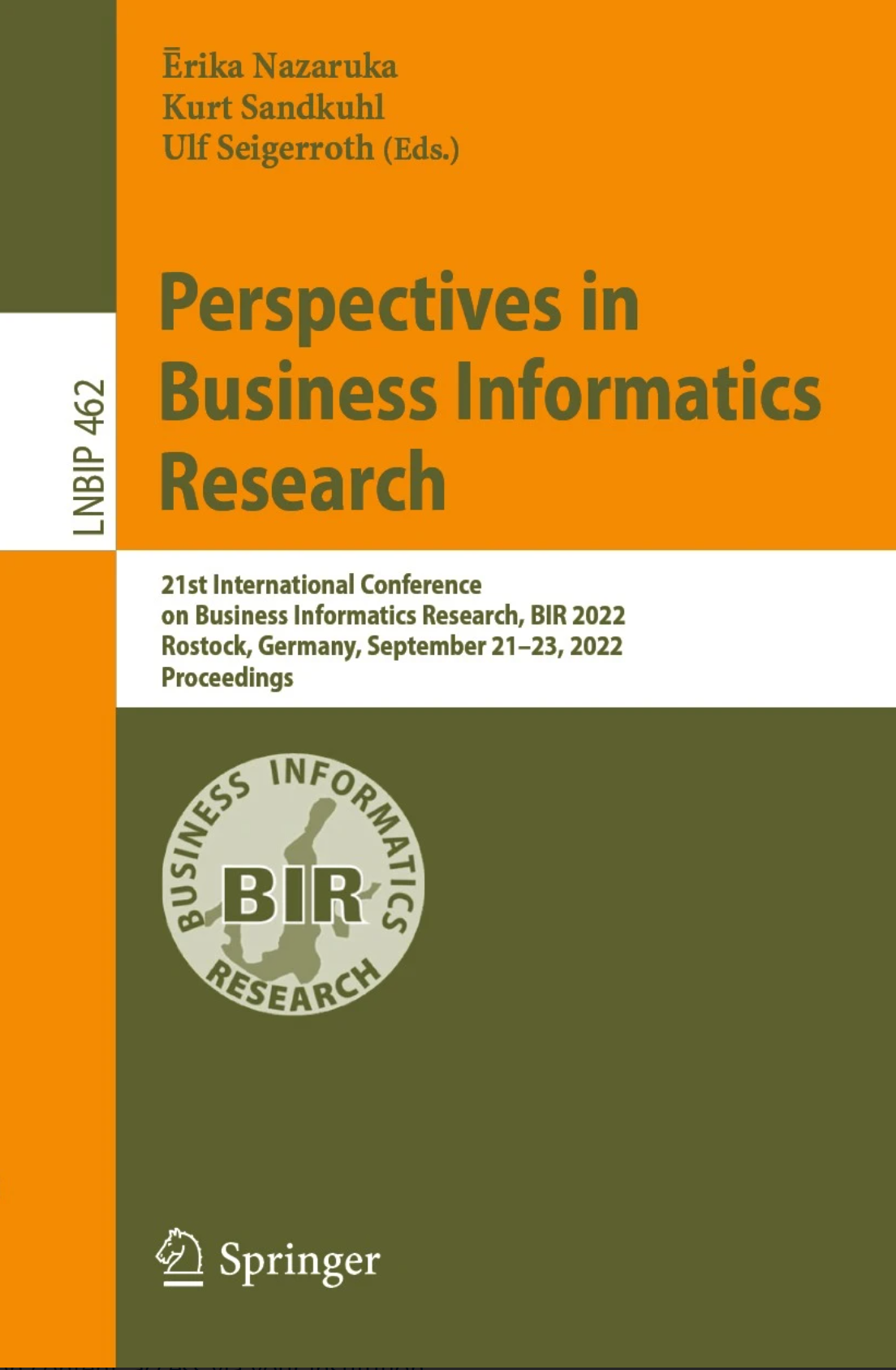7th Workshop on Managed Complexity (ManComp 2022)
Managing complexity has a long tradition for algorithms and general problems. However, it is an important issue also in the Business Informatics domain. Here the complexity of different systems and systems of systems has to be managed. While complexity usually associates with large or very large-scale systems still managing complexity is important even for systems with small sizes operating in complex environments. Nowadays informatics requires handling complexity at different levels and configurations of social, physical, enterprise, software, and hardware systems. The workshop is planned to focus on approaches and methods for managing complexity in the domain of applied informatics that may concern interplay of systems and ecosystems of various sizes and substances. Its purpose is to share and transfer knowledge on complexity identification, representation, controlling and reduction as well as to exploit possible synergies in development of innovative complexity handling strategies, approaches, and methods.
ManComp HOMEPAGE
Important Dates
- Submission Deadline (extended): July 29, 2022
- Author Notification: August 22, 2022
- Camera-Ready Submission: August 31, 2022
- Workshop Date: September 21, 2022
13th Workshop on Information Logistics and Digital Transformation (ILOG 2022)
In recent years, many organizations are rethinking what customers value most and develop operating models that exploit the possibilities of big data, social media, artificial intelligence and other new technologies for competitive differentiation. Manufacturing enterprises offer product-as-a-service solutions or continue the "servitization" of their products by designing new kinds of services. This often leads to a digital transformation of large parts of the enterprise targeting seamless integration of digital services/products with digitized and optimized operations. Efficient and target-oriented information flows are a major contribution to digital transformation. The ILOG workshop aims to bring together people who have strong interest in digital transformation, information logistics, semantic technologies, information systems, enterprise solutions and knowledge-based systems.
ILOG HOMEPAGE
Important Dates
- Submission Deadline: July 29, 2022
- Author Notification: August 24, 2022
- Camera-Ready Submission: September 5, 2022
- Workshop Date: September 21, 2022
2nd International Workshop on Blockchain for Trusted Data Sharing
In the last few years, software systems are moving towards blockchain technologies since they bring many advantages in different sectors. Thanks to smart contracts, data can be manipulated and accessed by users like in standard databases. This opportunity, combined with the blockchain potentialities, such as the integrity and immutability of data, guarantees trusted evidence of the information stored and exchanged in the blockchain without relying on a central authority. This makes the blockchain the ideal technology for auditing, verification and sharing purposes, changing significantly the way to design and implement next-generation distributed applications. Recently, both academia and industry show an increasing interest in blockchain, focusing on trusted data sharing.
The scientific results of the workshop have the ambition to propose new solutions strategies, approaches, and methods to organize, store, retrieve and share data. Answers to questions related to when and what data should be shared with whom and how the data owner should get credit or incentive to share their data are increasingly a matter of intense debate and research.
The workshop aims to bring together researchers and practitioners to discuss theoretical/practical approaches or real-life successful case studies.
WORKSHOP HOMEPAGE
Important Dates
- Submission Deadline: July 29, 2022
- Author Notification: August 24, 2022
- Camera-Ready Submission: September 5, 2022
- Workshop Date: September 21, 2022
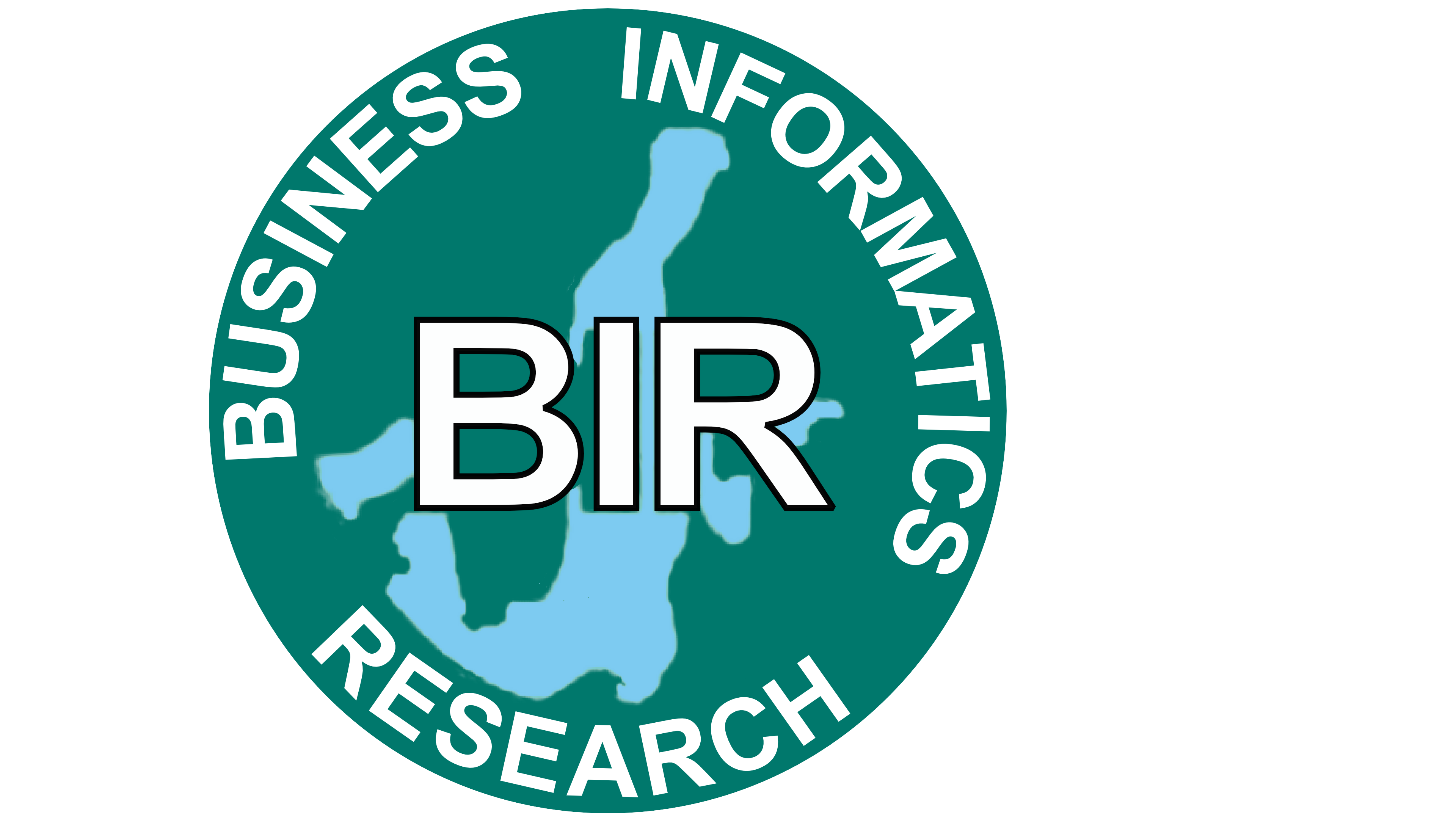
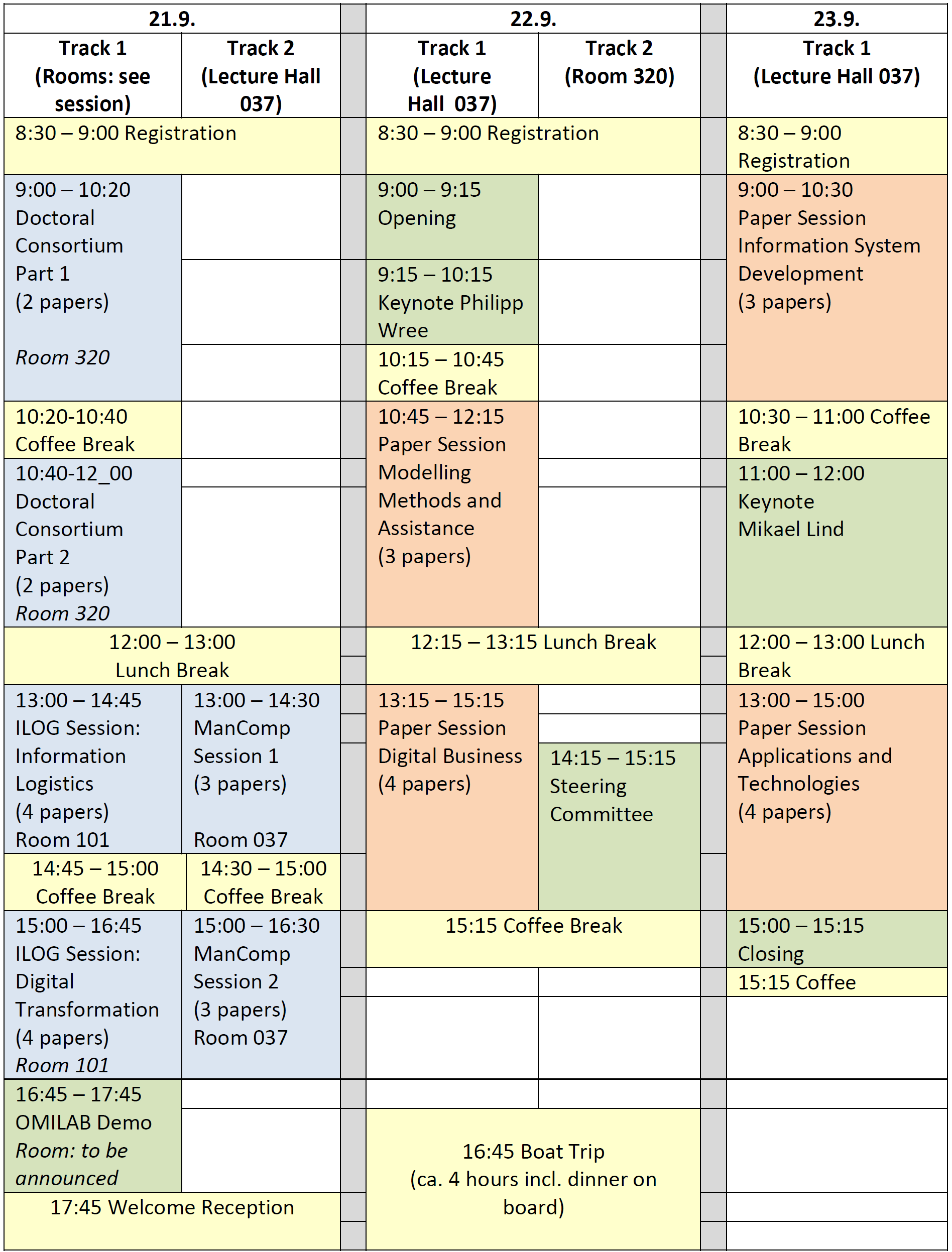
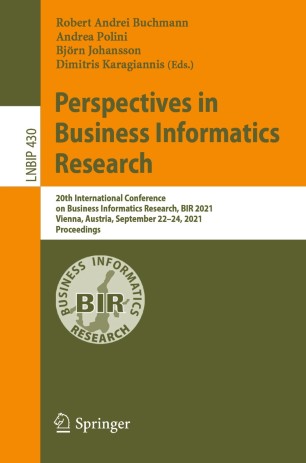

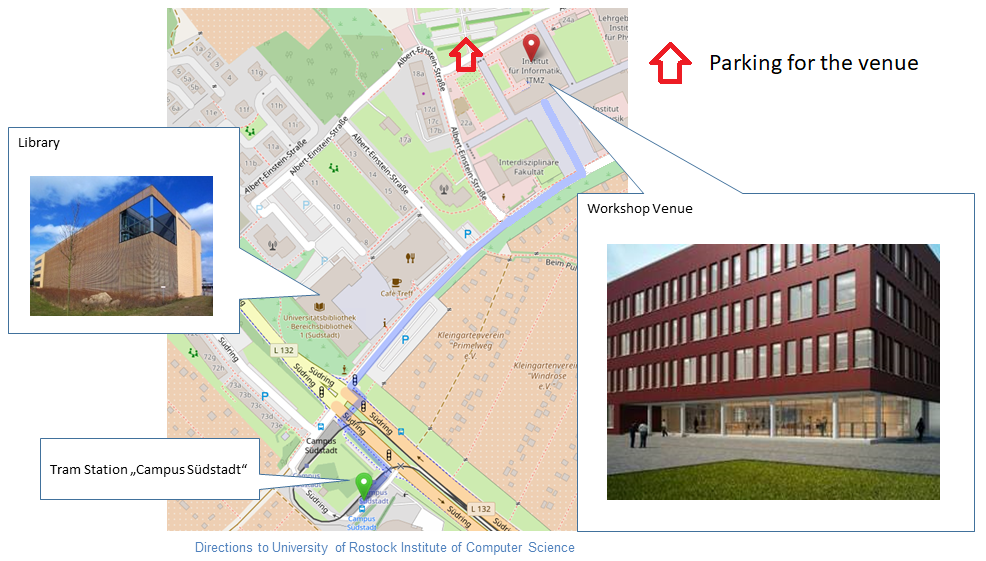
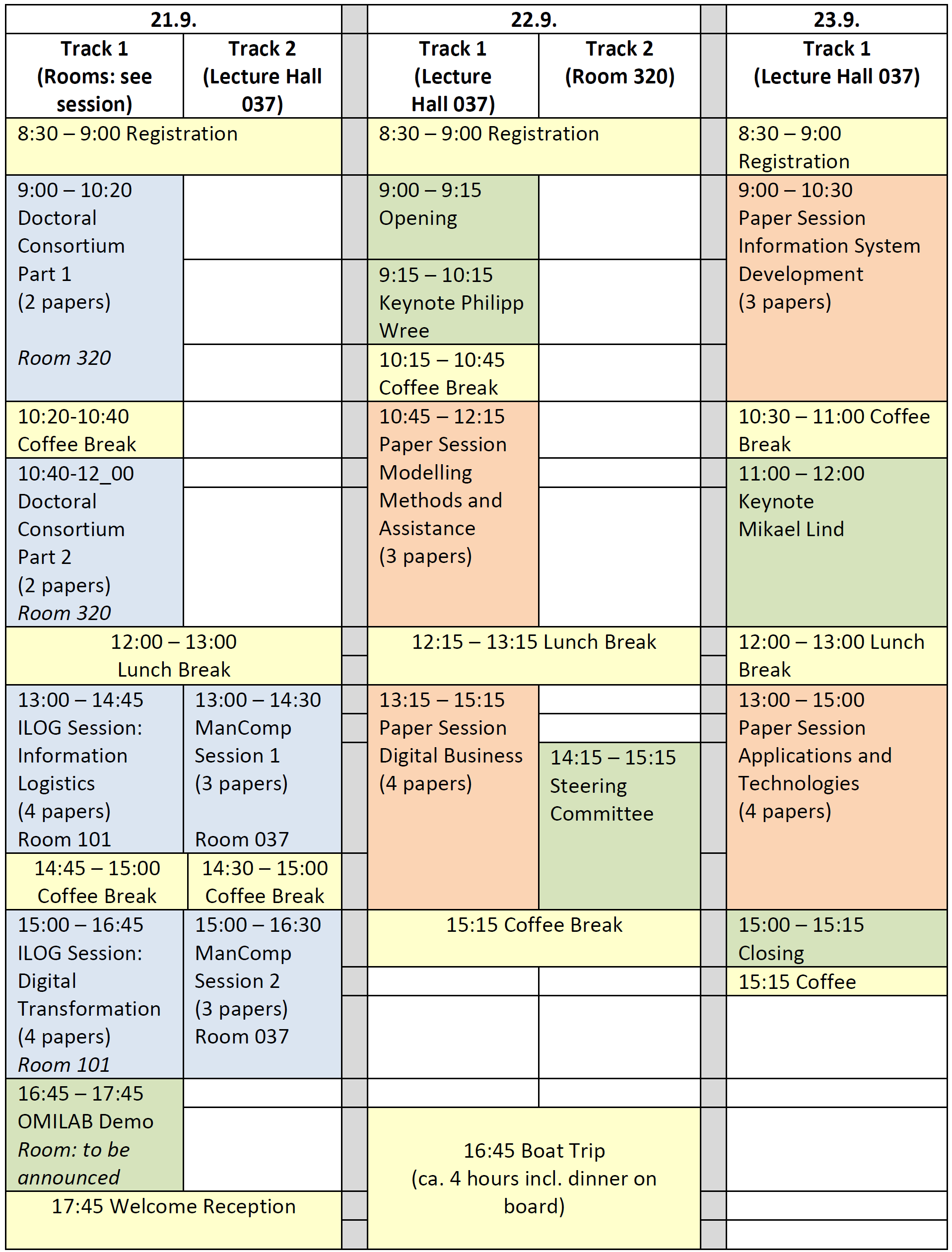 .
.
